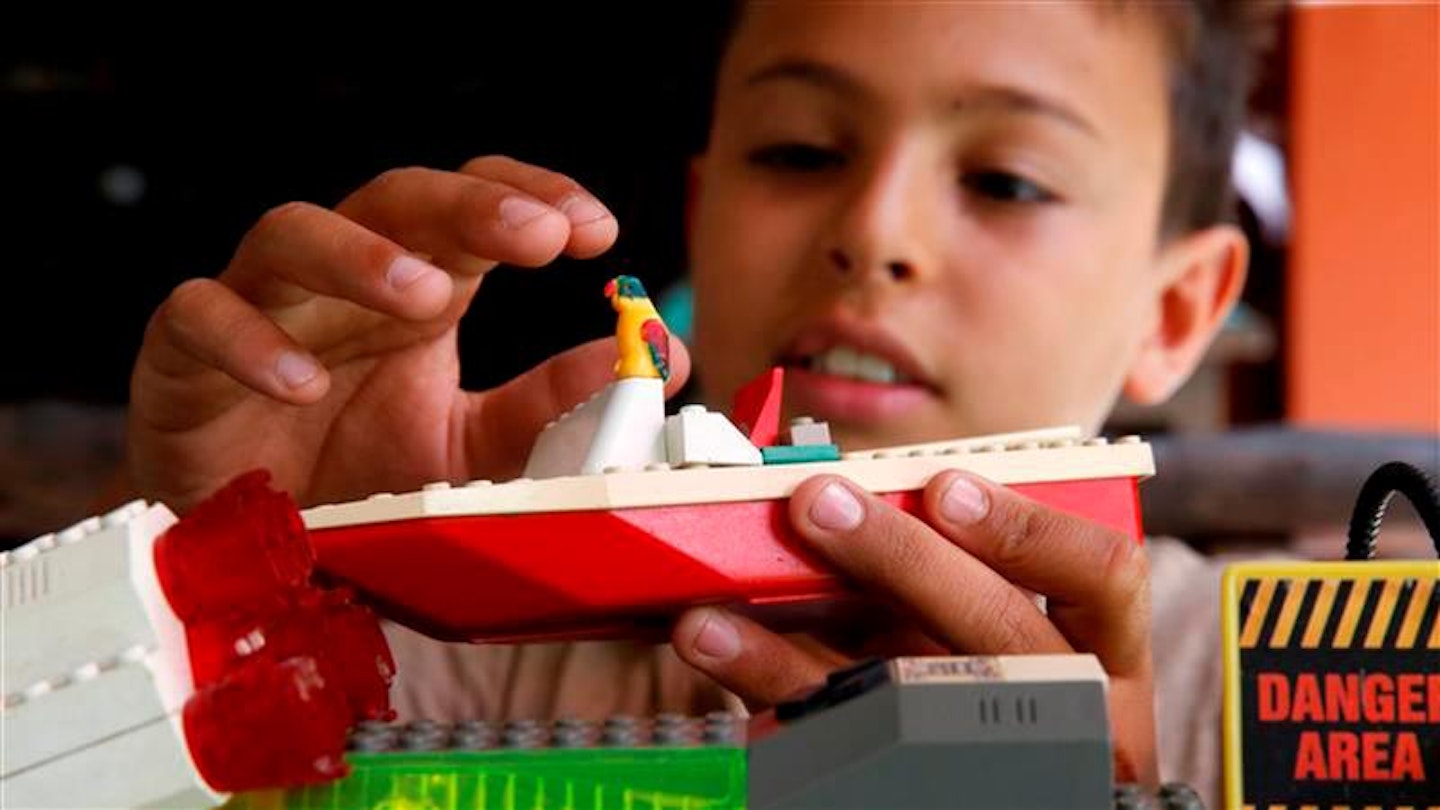Hats off to Lego for trying to become more inclusive by creating non-gendered products, but social conditioning and outdated perceptions mean that children are still actively encouraged to conform to gender stereotypes from a young age.
The move comes after the Danish behemoth, which has been making Lego for nearly 70 years, commissioned a study of almost 7,000 parents and children in China, Czech Republic, Japan, Poland, Russia, UK and the USA, aged six to 14. The study found that while girls are often encouraged and praised to take part in more ‘boyish’ activities, such as football and Lego, boys were discouraged from taking part in ‘girly’ (for want of a better term) activities.
The report by the Geena Davis Institute on Gender in Media (yes, that Geena Davis, as if being in the iconic 90s classic film Thelma and Louise wasn’t cool enough) found that 71% of boys surveyed feared that they would be made fun of if they played with what they described as 'girls' toys.’
It found that, as a result, girls were developing more well-rounded skills, but boys were being left behind.
I’m no expert. But as the mother of two boys and one girl, I would agree that girls are generally praised for taking part in more 'boyish' activities whereas boys are still, sadly, mocked for it.
Two recent examples – last weekend a girl played football in the opposing side against my eldest son’s team. We all cheered her on and said how great it was that she was such a pivotal part of a team predominantly made up of boys. But I know a friend’s nine year old son, who is brilliant at gymnastics, was almost turned away from a dance party recently because he was the only boy. The organiser thought he must have come to the wrong party and told him to go and find his mum to take him home.
I have seen first-hand how boys are subjected to gender stereotyping and social conditioning before they can even walk. They are still associated with being ‘a handful,’ difficult and not as sweet or compliant as girls. Having had two boys first, I have lost count of the amount of times people have said ‘Ah, now you’ve got your girl’ when they see my youngest seven year old daughter. I was thrilled when I found out I was expecting a girl third time around, but boys are wonderful too.
I think it is brilliant that girls are now actively encouraged and lauded for taking part in more traditionally masculine pursuits; football, science, engineering, to name a few. It is long overdue. But I have noticed that boys are not extended the same courtesy when it comes to enjoying what were once considered traditionally girly things.
My eldest boy, now 12, has grown up listening to an eclectic array of music, from Taylor Swift, the Dirty Dancing soundtrack to Wolf Alice, but was recently told by a friend that Taylor Swift was just 'for girls’ and he now refuses to listen to her music.
My nine year old son, who is on the autism spectrum and does not follow the societal ‘norms’ in most contexts, used to love dressing up with his seven year old sister. They both went through a phase of wearing tutus and angel costumes. Whereas his younger sister still very much embraces this, her brother has, sadly, now got the message, somewhere along the line, that the only outfit he should be wearing for Halloween is Dracula or The Creeper from Minecraft. There will be no dark angels for him this year.
So while I applaud Lego, who aside from producing heinous amounts of plastic, seems pretty progressive as an organisation and also launched a rainbow-themed LGBTQ+ set in May, I think there’s only so much they can do when it comes to changing the narrative around non-gendered toys.
And there is only so much parents – especially parents of boys can do – unless you isolate and cocoon them from the world forever. I think this is a positive step from Lego, but please let’s all remember not to marginalise boys too.
